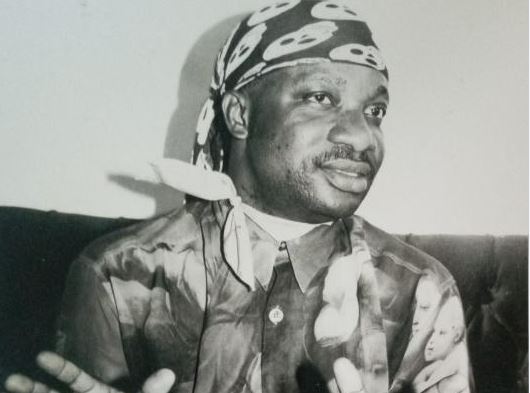×
The Standard e-Paper
Fearless, Trusted News

Versatile and stylish Congolese musician Aurellen Miatsonama Aurlus Mabele was planning a return to the stage when cancer attacked and finally silenced him, bringing an illustrious career spanning three decades to an end.
As his body lay in a Paris morgue yesterday, following his death on Thursday, Kenyan music lovers joined the world in mourning the man who used his voice, dancing styles and crazy attire to win many fans.